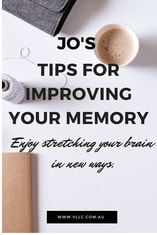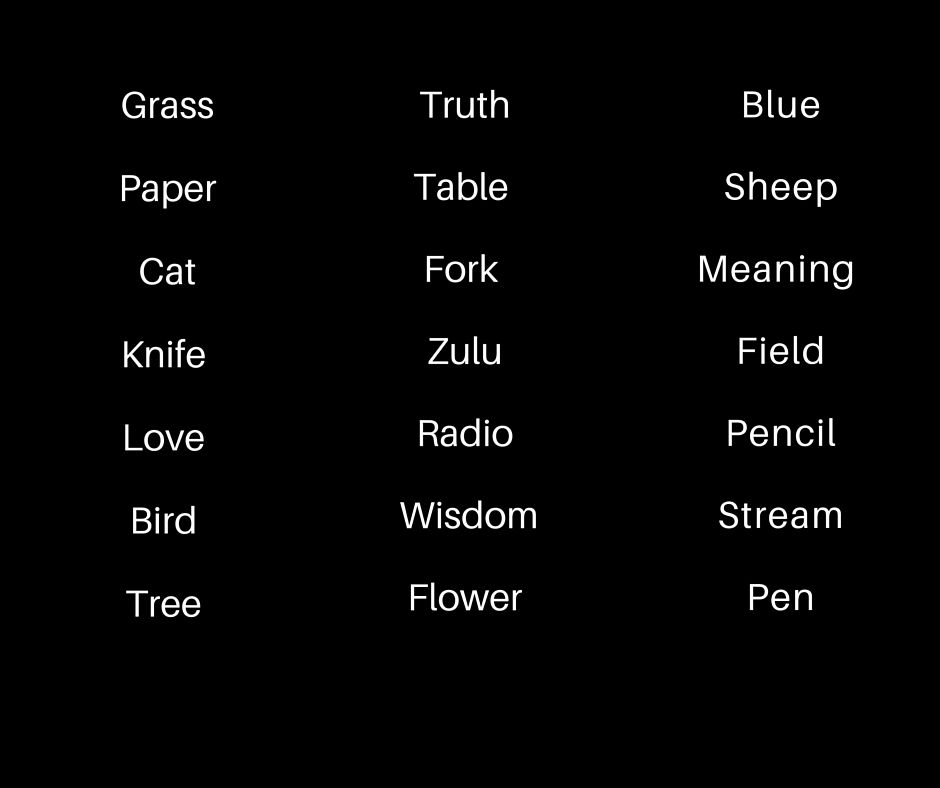
This blog is an exercise so that you can see how your memory works. I think it is really interesting and will only take you 10 minutes so give it a try. (I have taken this exercise from Accelerated Learning for the 21st Century, Colin Rose and Malcolm J Nicholl – it’s a good read if you are interested in more information).
The following is a list of words:
Relax, then focus on the words and read through them slowly – just once. When you have finished, follow the instructions below the words:
You probably remembered the first words. As I mentioned in my last blog, you tend to remember more of the beginning of any learning session. So you probably recalled Grass and maybe Paper. You probably remembered the last words. You tend to remember more of what you learn at the end of each learning session, so you probably recalled Pen and maybe Stream.
You typically remember what’s unusual. You probably remembered the word, Zulu. Why? Because it stood out from the rest of the list and a vivid mental image almost certainly sprang into your mind of a Zulu warrior. We tend to remember what is odd, bizarre, comical or rude. You generally retain information that is organised. You may have automatically written down some words in groups – objects and subjects that fit into the same category - Animals – Cat, Bird, Sheep.
You remember “real” things more quickly. The list also contained words such as Love, Truth, Wisdom and Meaning. These are the least well remembered because they are not unique or concrete. They are not things; they are ideas. “Real” things are easier to remember than abstract ideas because you can picture them in your mind’s eye.
Have a lot of beginnings and ends in your learning sessions– take breaks; We remember pictures many times better than words – so find a way to make a picture of what you are learning. Try to associate vocabulary (particularly) with a funny or unusual mental image. Organise what you are learning into groups or categories. This works because you are actively doing something with the information, not just passively looking at it.
Enjoy stretching your brain in new ways.
Jo

Joanne Ammerlaan is the National Manager of Vocational Language Learning Centre and a Master Practitioner of NLP (Neuro Linguistic Programming)



 RSS Feed
RSS Feed

